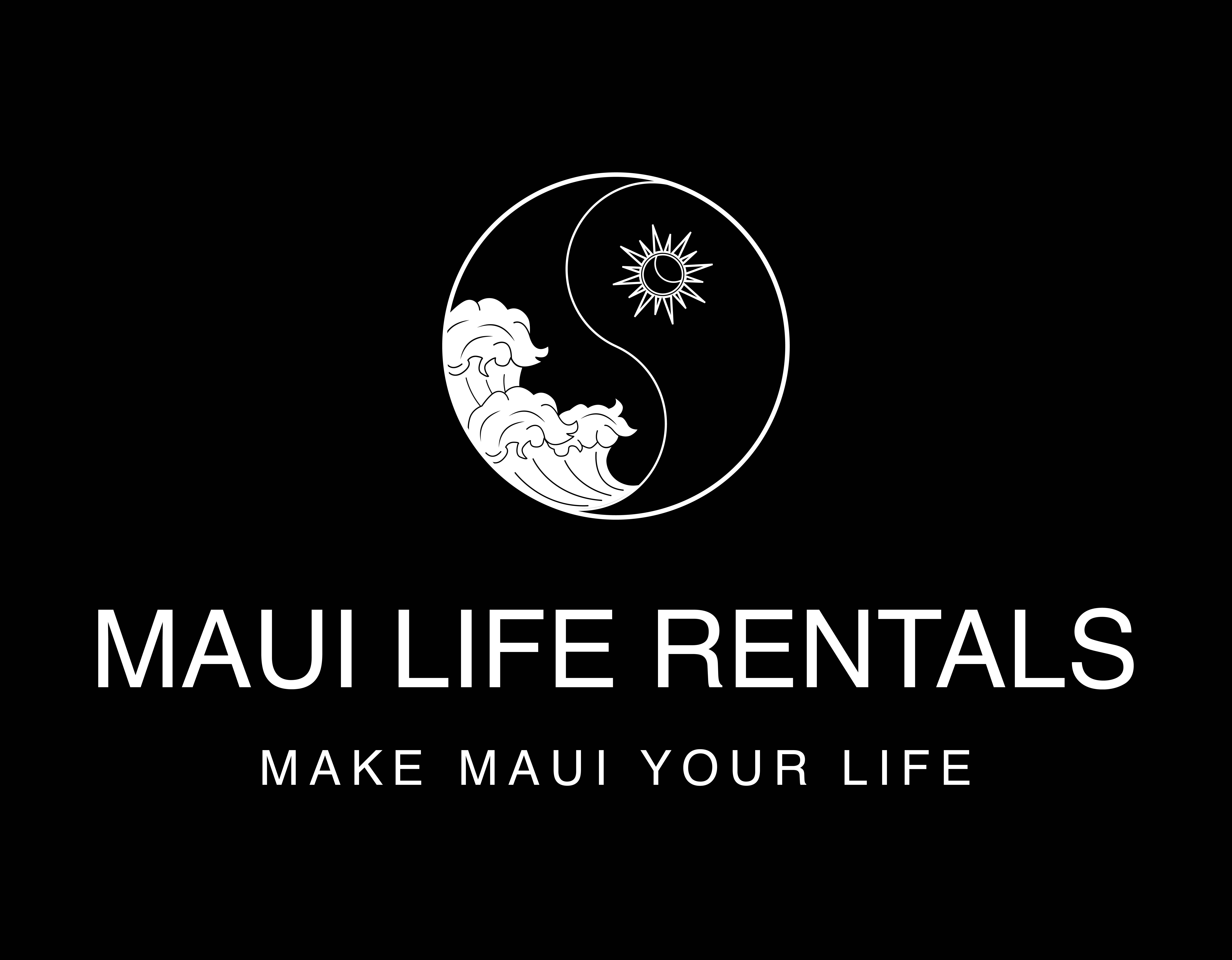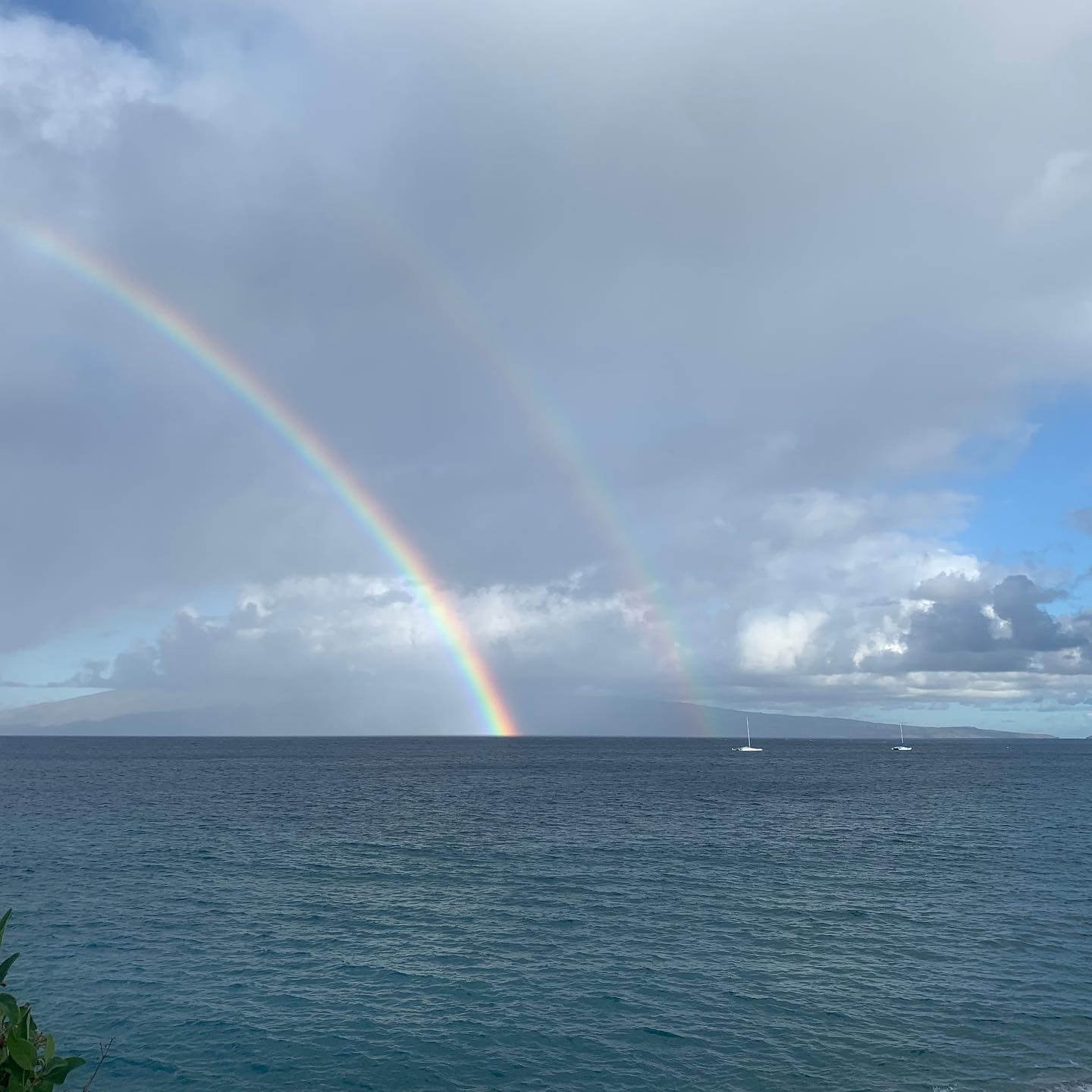MAUI’S HOUSING CROSSROADS
The Battle Over Short-Term Rentals
The Maui County Council’s Housing and Land Use Committee convened a public hearing on June 9, 2025, to deliberate on Bill 9 (2025), a legislative proposal aimed at phasing out a substantial number of short-term vacation rentals within apartment-zoned districts. This bill is a direct response to Maui’s severe housing crisis, which has been acutely exacerbated by the 2023 Lahaina wildfires. The hearing itself served primarily as a forum for extensive public discourse, spanning over five hours and featuring testimony from more than 50 individuals. No definitive legislative action was taken during this session; Bill 9 was neither passed, formally amended, nor definitively deferred. Instead, the committee concluded the session by scheduling additional hearings for June 18, 2025, with a third meeting anticipated on June 23, 2025, to continue receiving public input and committee deliberations.
As of mid-June 2025, Bill 9 remains under active review by the Housing and Land Use Committee. No new policy has been implemented directly as a result of the June 9 hearing. Significant amendments have been proposed by both Mayor Richard Bissen and Committee Chair Tasha Kama, primarily concerning the extended phase-out timelines for transient vacation rentals (TVRs) and the introduction of exemptions for existing timeshare units. The ongoing legislative process underscores the complex economic and social considerations inherent in this highly contentious issue.
A Community in Crisis
Maui County faces a profound housing crisis, catastrophically worsened by the August 2023 Lahaina wildfires. This dire situation has created immense pressure on the housing market, displaced thousands of residents, and set the stage for drastic legislative action.
of Maui’s housing stock are Transient Vacation Rentals (TVRs), far exceeding the 1-3% in other US cities.
Homes were destroyed in the Lahaina wildfires, intensifying the housing shortage.
Individuals were displaced, creating an urgent need for long-term housing solutions.
What is Bill 9 (2025)?
Bill 9 is a proposed ordinance aimed at converting thousands of short-term rentals back into long-term residential housing. It targets approximately 7,000 units in apartment-zoned districts (the “Minatoya List”), with the goal of making more homes available for Maui residents. However, the path to implementation is complex and has seen several major amendments.
| Feature | Original Bill | Mayor’s Proposal (CD1) | Chair’s Proposal (CD1) |
|---|---|---|---|
| Phase-out Date | July 2025 (West Maui) / Jan 2026 | July 1, 2028 | July 1, 2030 |
| Amortization Period | Not explicitly defined | 3 years for transition | 3 years to pursue rezoning |
| Timeshare Exemption | Not specified | Not specified | Exempts existing timeshares |
A Deeply Divided Community
The public hearing on June 9, 2025, revealed a community split by the bill. Proponents argue it’s a necessary step to reclaim housing for residents, while opponents fear devastating economic consequences and question its effectiveness in creating affordable homes.
Arguments FOR Bill 9 (Proponents)
- Reclaim Housing: Frees up 6,000+ units for residents, the fastest way to increase supply.
- Infrastructure Relief: Expected to significantly reduce water usage, a critical resource limiting new construction.
- Community First: Prioritizes the basic human need for housing over out-of-state investment interests.
Projected Water Savings
Vacation rentals use significantly more water than long-term residences.
Arguments AGAINST Bill 9 (Opponents)
- Economic Impact: Risks job losses for cleaners, managers, and contractors; harms tourism-dependent small businesses.
- Not Affordable: High HOA fees ($1,200-$2,000/mo) and mortgages mean units won’t be affordable for most locals.
- Unwilling Owners: Most owners are not inclined to switch to long-term rentals.
Owner Conversion Intent
A survey shows few owners would convert to long-term rentals.
The Economic Forecast: A Double-Edged Sword
A March 2025 report from the University of Hawaiʻi Economic Research Organization (UHERO) highlighted the bill’s complex economic effects, predicting both significant benefits and serious unintended consequences. The findings fuel both sides of the debate.
The UHERO report suggests a trade-off: a potential increase in housing affordability at the cost of significant economic disruption to the island’s vital tourism sector and a reduction in tax revenue.
The Legislative Journey
Bill 9’s path is not straightforward. The initial proposal has been met with significant amendments and prolonged public testimony, highlighting the council’s cautious approach to this monumental decision.
Bill Introduced
Council receives Bill 9 on Dec 20, 2024, proposing a rapid phase-out of TVRs.
Amendments Proposed
Mayor and Committee Chair propose longer phase-out timelines (2028 & 2030) and exemptions.
Public Hearings
June 9 hearing is held. No vote taken. Further hearings scheduled to continue gathering testimony.
What’s Next?
As of mid-June 2025, Bill 9 is not in effect and remains under active review.
Next Hearing
June 18, 2025
Likely 3rd Hearing
June 23, 2025
The Housing and Land Use Committee will continue to hear public testimony before making a recommendation to the full council. The future of short-term rentals, and a significant portion of Maui’s economy and housing market, hangs in the balance.






